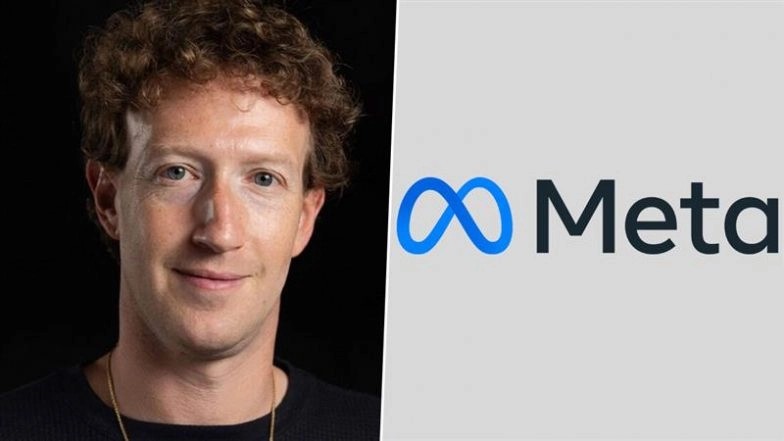Meta Wins Major Antitrust Case Against FTC Over Instagram, WhatsApp Deals
A US federal judge has dismissed the Federal Trade Commission’s antitrust lawsuit against Meta, delivering a significant legal victory for the tech giant regarding its acquisitions of Instagram and WhatsApp.
Key Details of the Ruling
US District Judge James Boasberg in Washington ruled that the FTC failed to demonstrate Meta unlawfully monopolized the social networking market through its acquisitions. The judge stated the company does not hold a monopoly position in the social media sector.
Key aspects of the case:
- FTC filed the lawsuit in 2020 during the Trump administration
- Meta acquired Instagram in 2012 and WhatsApp in 2014
- FTC claimed these purchases were intended to eliminate competition
- Judge found insufficient evidence to support monopoly claims
Court Proceedings and Testimony
The trial, which began in April, featured testimony from Meta CEO Mark Zuckerberg, Instagram co-founder Kevin Systrom, former operating chief Sheryl Sandberg, and several current and former Meta executives.
In his ruling, Judge Boasberg noted: “With apps surging and receding, chasing one craze and moving on from others, and adding new features with each passing year, the FTC has understandably struggled to fix the boundaries of Meta’s product market. Whether or not Meta enjoyed monopoly power in the past, though, the agency must show that it continues to hold such power now. The court’s verdict today determines that the FTC has not done so.”
FTC Response and Next Steps
FTC spokesperson Joseph Simonson expressed deep disappointment with the decision, stating the agency is evaluating all possible options. The ruling represents a significant setback for the FTC’s antitrust enforcement efforts against major tech companies.
The case highlights the ongoing challenges regulators face in proving monopoly power in the rapidly evolving digital marketplace.




